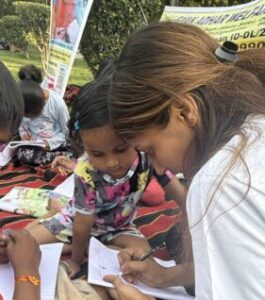
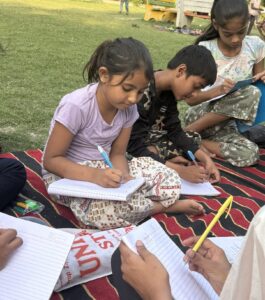
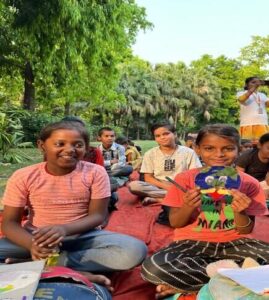
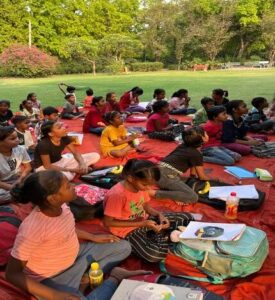
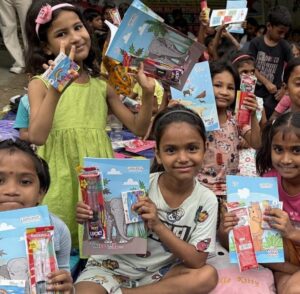
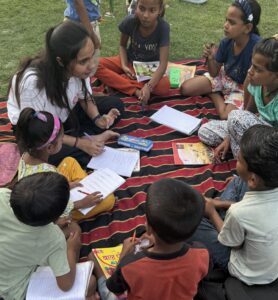
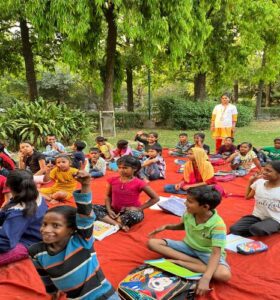
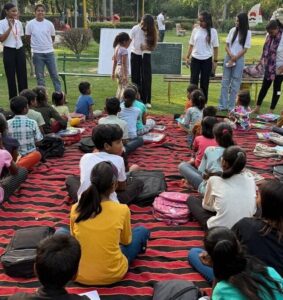
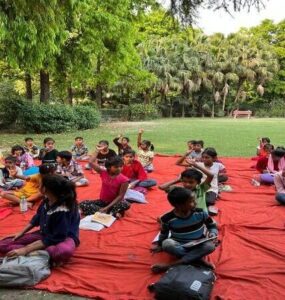
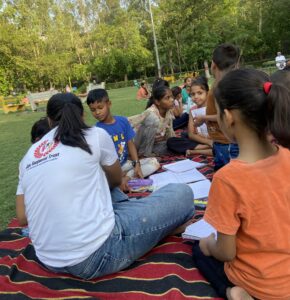
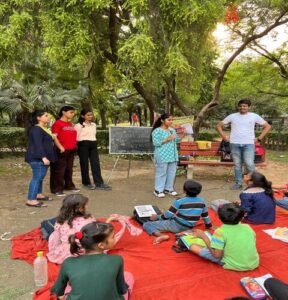
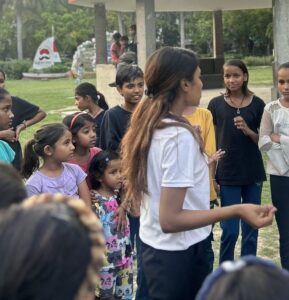
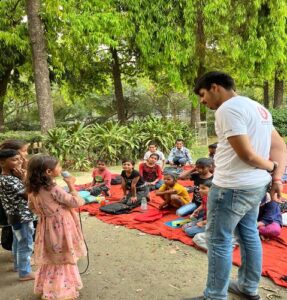
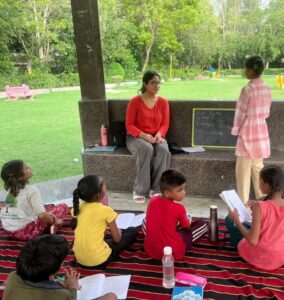
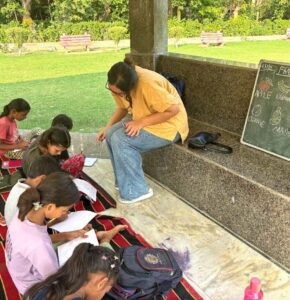
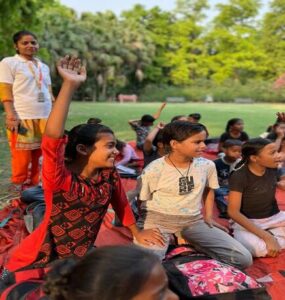
Education builds a better life, allowing children to shape their own futures. It is a journey from darkness to light. Without education, people are trapped in intergenerational cycles of poverty and backwardness. Despite seven decades of independence, India still struggles to achieve a literacy rate above 90 percent.
Providing quality education to all children in India should be a top priority for both state and central governments. To this end, various government branches often support charitable organizations to bring more children into the fold of educational initiatives.
NGOs play a crucial role in this endeavor, working tirelessly to provide quality education to the most marginalized and deprived children in India. Through programs in the most remote and underserved areas, NGOs ensure that the benefits of the Right to Education Act reach the most disadvantaged children.
The goal is to ensure that all children, regardless of their background, can attend school, play, interact, and learn with their peers, securing a life of dignity and contributing to economic development. Support an NGO today and help spread education through the following measures:
The most important aspect of promoting education is raising awareness among parents and communities about the necessity of education for every child. The message that quality education is a fundamental right for all children, regardless of their social or economic background, needs to be widespread. NGOs connect with the most disadvantaged communities, where children often work in fields or factories or drop out of school, educating parents and elders on the importance of sending children to school.
To improve the reach of quality education among the most deprived children, it is essential to make learning a pleasant experience. Child education NGOs train teachers to use child-friendly and interactive teaching methods. They establish libraries and infrastructure, conduct computer and English classes, and promote extracurricular activities and sports.
NGOs and children’s charities actively engage with local communities to form Children Groups (CGs) and School Management Committees (SMCs), working with them to ensure they take responsibility for the development of children in their area. Massive enrollment drives are conducted to identify and enroll out-of-school and vulnerable children into formal schools in age-appropriate classes.
Group learning has proven to be an effective methodology, helping children learn better and faster while promoting healthy competition. In classrooms, children are encouraged to engage in group learning activities. NGOs run learning centers for street children and child laborers from socially excluded communities, providing learning support and after-school assistance to prepare these children for formal schooling.
Cities like Kolkata and Delhi are home to large numbers of urban poor living in slums or slum-like areas. Children in these communities are often involved in child labor. NGOs work to provide these children with education and opportunities to break the cycle of poverty.
The role of NGOs in supporting orphaned children and spreading education to every corner of a vast country like India is undeniable. Alongside the existing government apparatus, NGOs can ensure that no child is left behind when it comes to receiving an education.
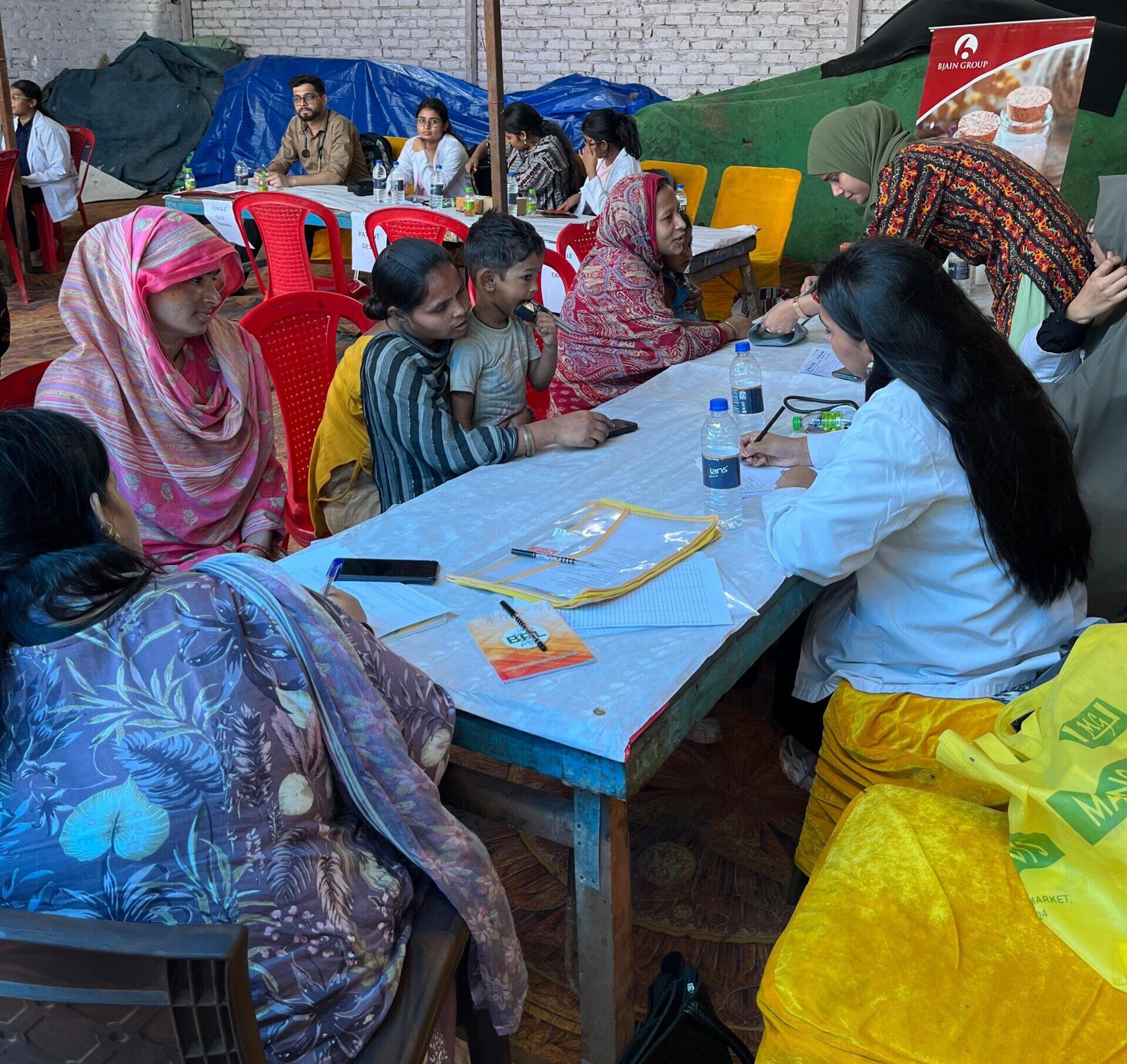
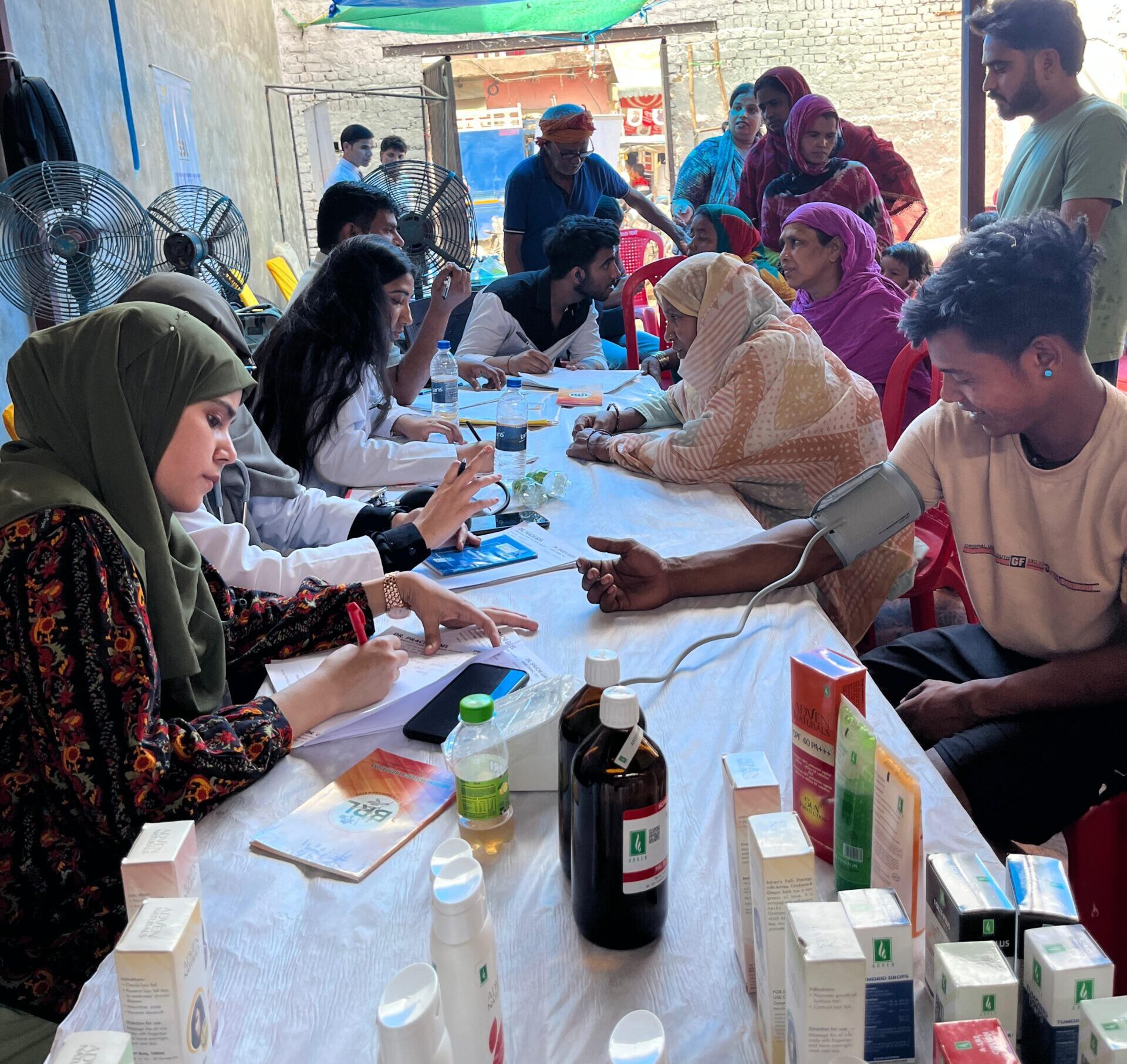
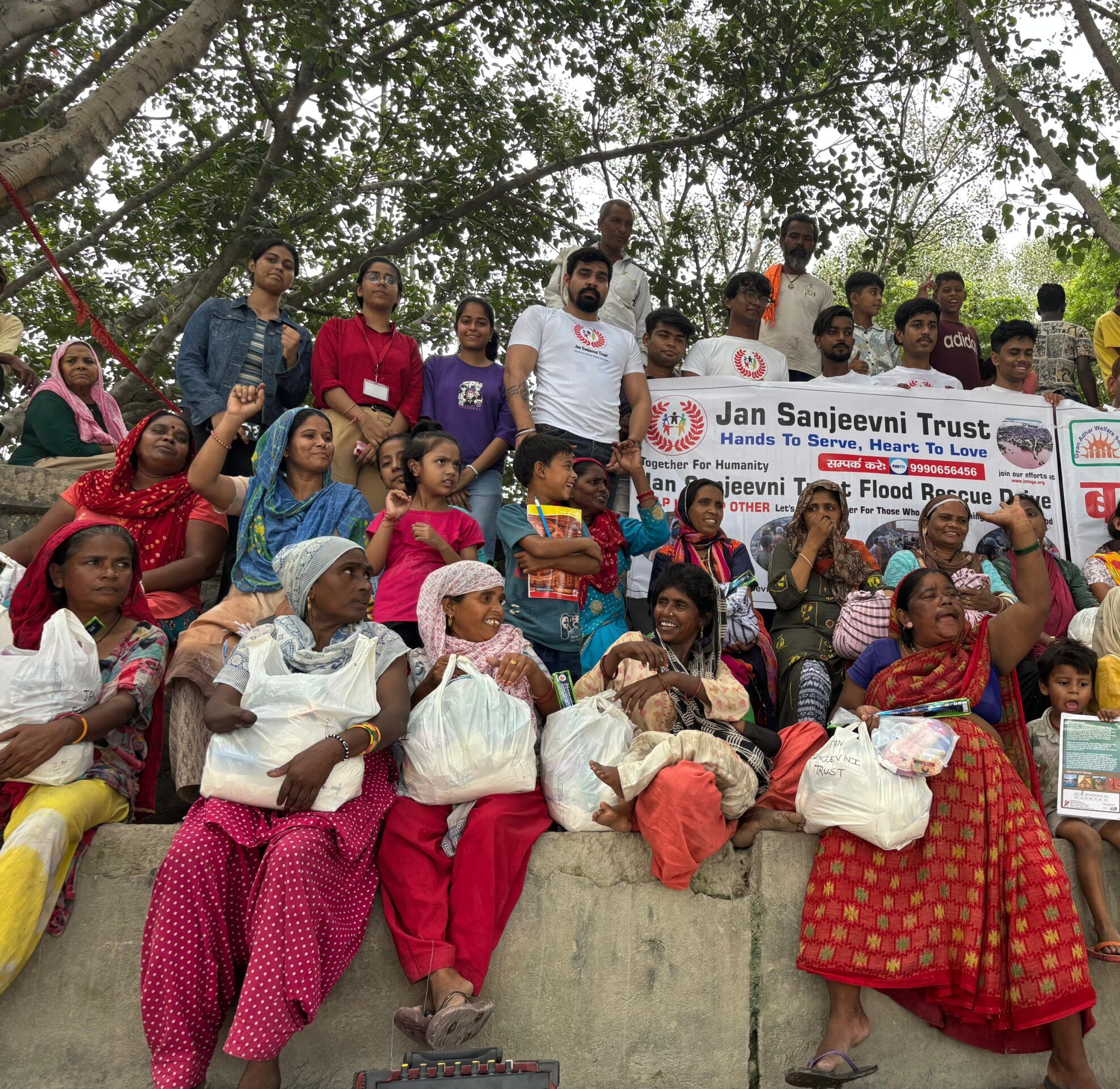
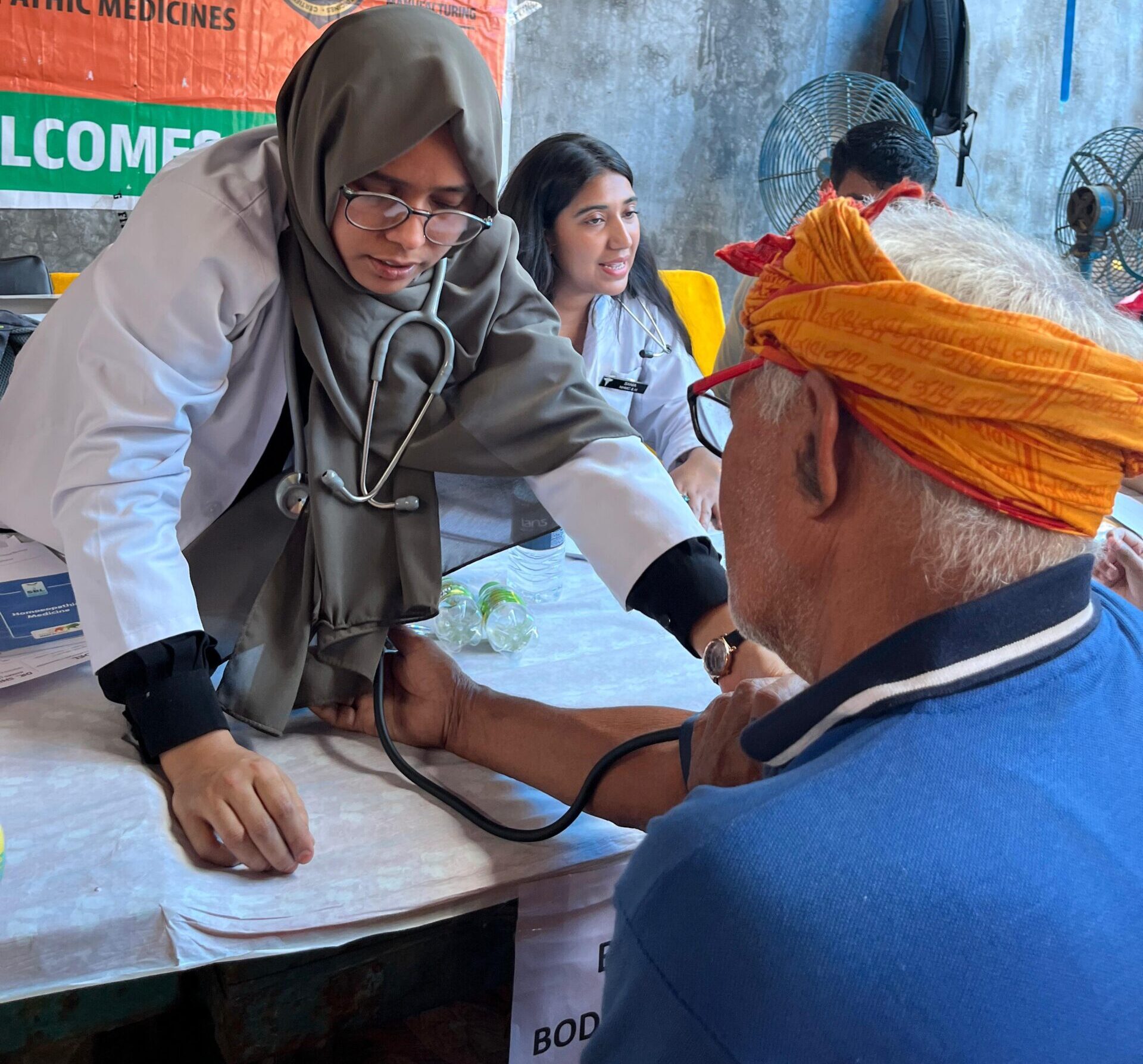

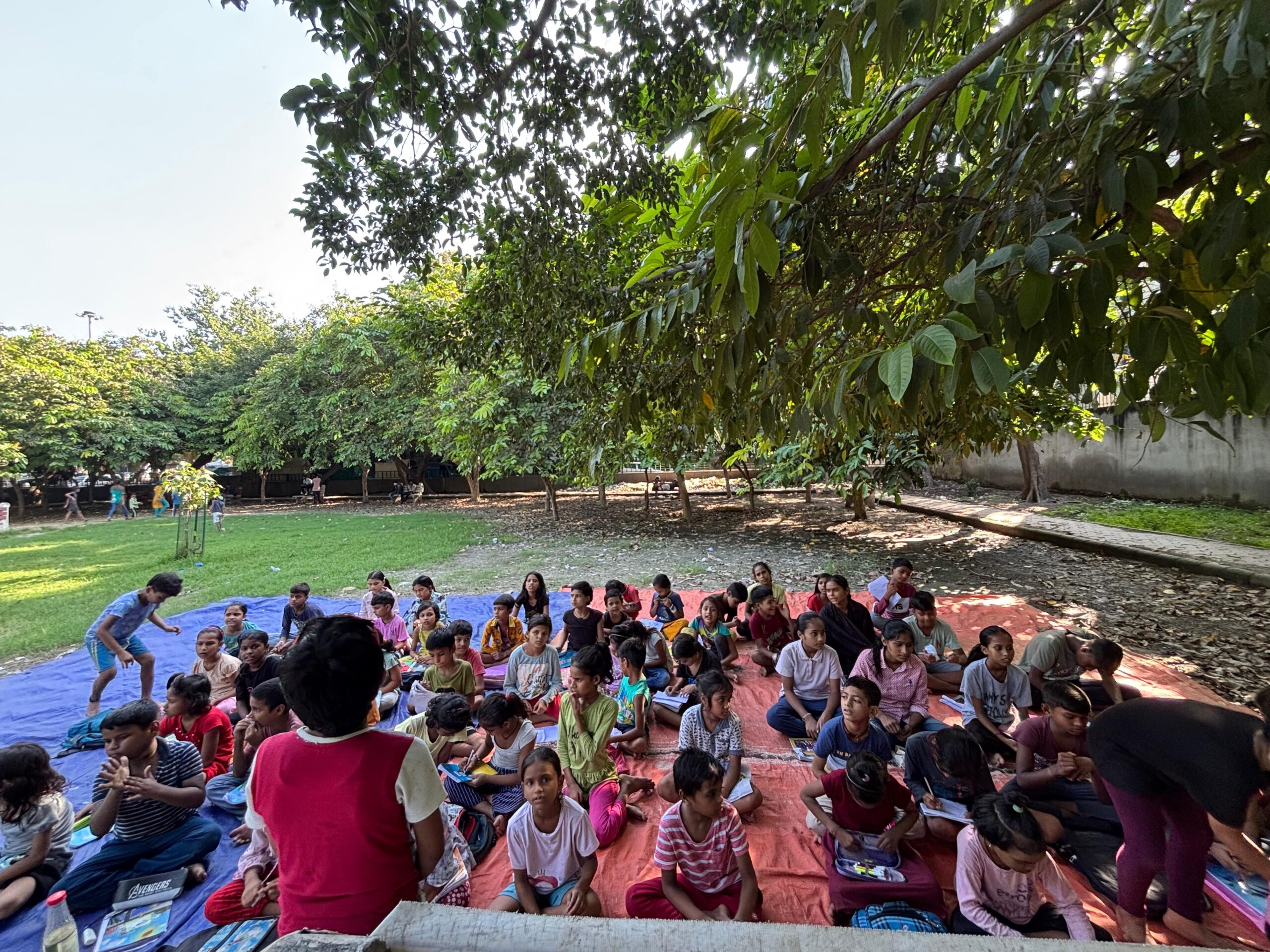
Thank you so much for your kind words! 🌸 I really appreciate you taking the time to share your thoughts (sorry your first comment got lost — that happens sometimes 😅).
That’s wonderful to hear you’re starting your own blogging journey! ✨ My quick tips for beginners would be:
1️⃣ Write consistently, even if it’s short posts.
2️⃣ Focus on topics you genuinely love — your passion will shine through.
3️⃣ Don’t worry too much about perfection in the beginning, just keep publishing.
4️⃣ Engage with your readers — comments like yours really make the journey special.
Wishing you lots of success on your blogging path — you’ve got this! 🚀
Very descriptive blog, I liked that a lot. Will there
be a part 2?
Thank you so much! 🙏 I’m really glad you enjoyed reading it.
Yes, I’m planning to create a follow-up (Part 2) with more insights very soon — stay tuned! 🌟
yes sure.
It’s hard to come by experienced people in this particular subject, however, you
seem like you know what you’re talking about! Thanks
Thank you — that means a lot! I’m glad you found it helpful. I’ll keep sharing more on this topic, so stay tuned. 🌟
You actually make it appear so easy along with your presentation but
I in finding this matter to be really one thing which I feel I’d by no means understand.
It kind of feels too complicated andd very extensive for me.
I’m taking a look forward for your subsequent post, I will try to
get the grasp of it!
I really appreciate your honest feedback. Some topics do seem heavy at the start, but don’t worry — I’ll simplify them in future posts so they’re easier to grasp. Stay connected, I’m confident it will get clearer! ✨
Wonderful blog! I found it while browsing on Yahoo News.
Do you have any suggestions on how to get listed in Yahoo News?
I’ve been trying for a while but I never seem to get there!
Cheers
Its like you read my mind! You seem to know so much about this,
like you wrote the book in it or something.
I think that you can do with a few pics to drive the message home a bit, but other than that, this is fantastic blog.
An excellent read. I’ll definitely be back.
Thank you so much for such kind words! 🌸 I’m really glad the blog connected with you. You’re absolutely right — adding more visuals and examples can make the content even more engaging, and I’ll definitely keep that in mind for upcoming posts. 🙌
So happy to hear you’ll be back — can’t wait to share more with you soon! 🚀✨